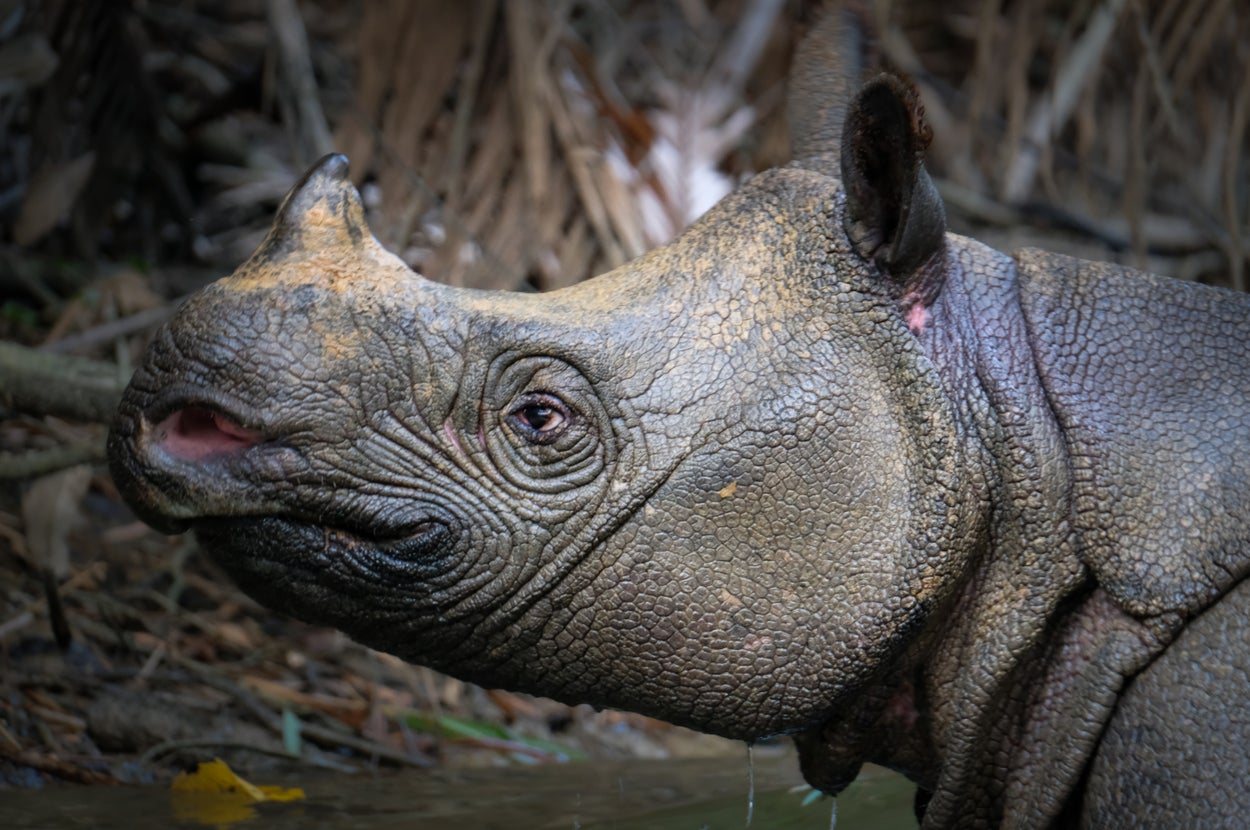This is one of the reasons Jeff Babauta, a retired Florida Fish and Wildlife Conservation Commission officer who also spoke at CrimeCon, worked undercover as an alligator farmer. Alligator farming in Florida requires a license and a limited number of permits are granted, so he had the tricky assignment of identifying illegal farmers.
During a yearslong sting operation, aimed at preventing alligators from returning to Florida’s endangered species list, Babauta raised more than 10,000 alligators.
“Not one of these stayed in the state of Florida,” Babauta told me. “They were all shipped out. So if this trend continued, I was afraid that we were going to go back and put the alligator back on the endangered species list” after decades of being on a “special concern” status, he said.
“I dedicated my career to protecting our resources, and that’s why I took the challenge,” Babauta said.
Again, alligator farming is not illegal in Florida, but the high demand — mostly by the fashion industry, who uses the animals’ hides in luxury apparel and handbags, shoes, luggage and belts — attracts bad actors who bypass regulations and threaten the species.
“There’s this demand cycle that you have to break, and part of it is breaking the criminal enterprises that are involved, making it more difficult for them to do business,” Newcomer said. “Part of it is deterring people by putting them in jail and taking their money. And the third is to educate people, because a lot of people don’t know [the laws].”
For example, Newcomer said, “a lot of Americans go on vacation in Mexico, see a sea turtle shell for sale, and they buy it because they think it’s cool. Well, sea turtles are endangered, and you can’t import them into the United States, and suddenly they’re crossing the border with a sea turtle’s shell.”

